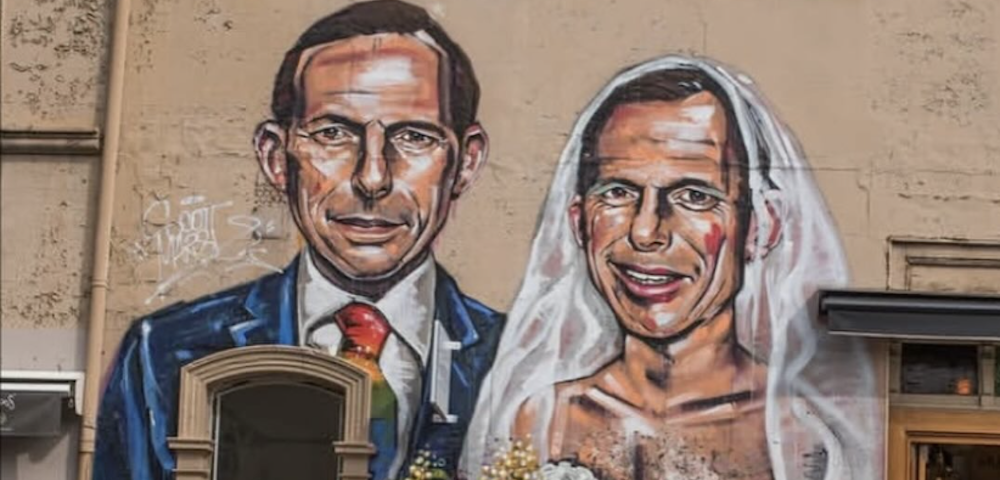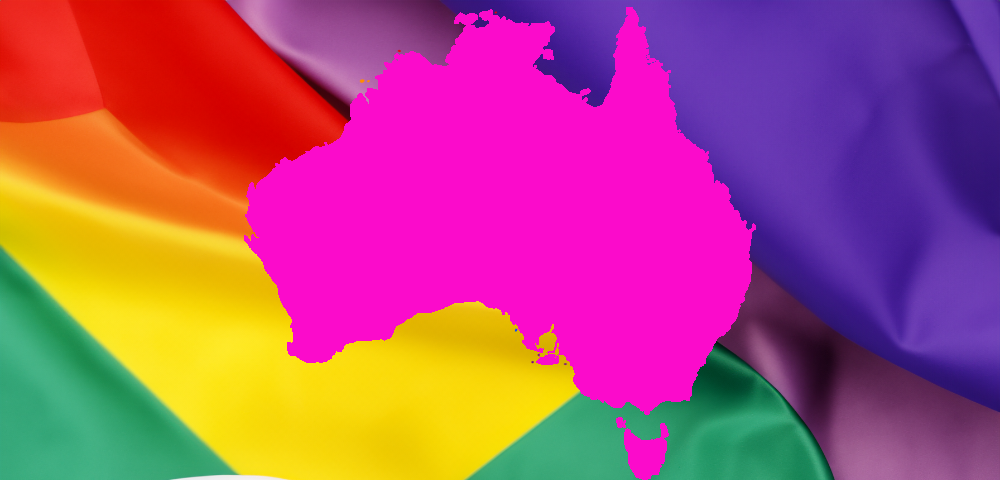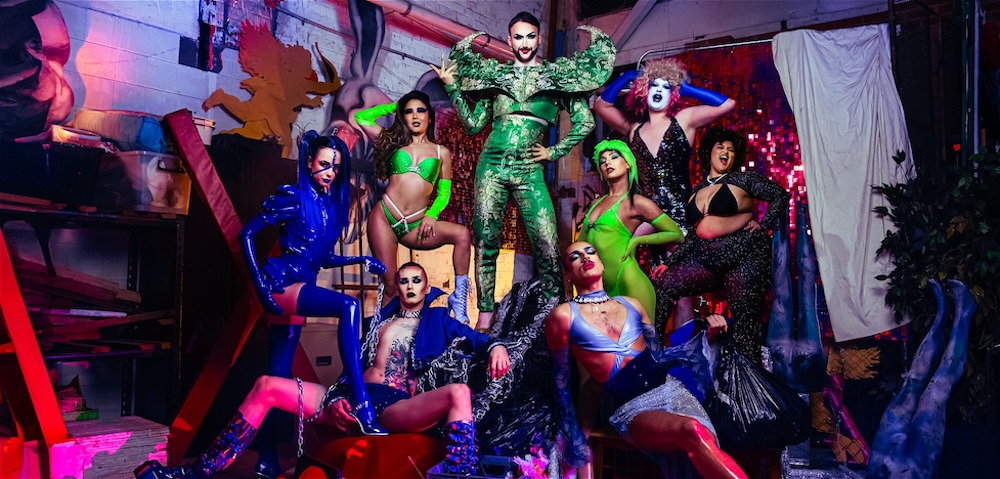
“Silence equals death”: How do we prevent LGBTQI suicides?
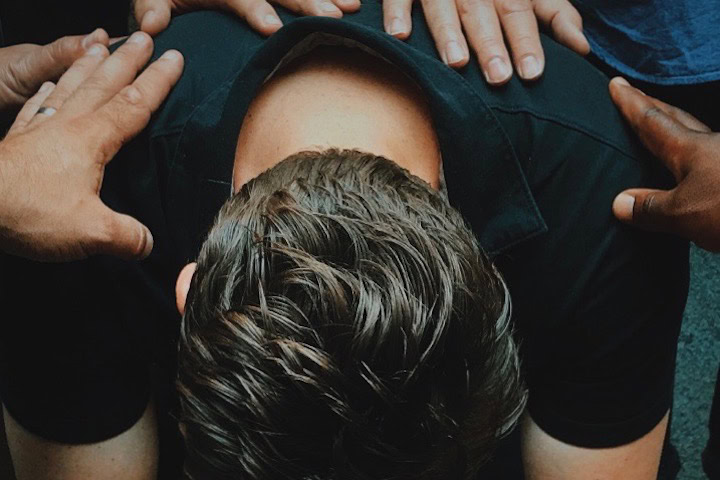
The first time James (name changed) thought about killing himself, he was thirteen. He was just starting to come to terms with the fact that he was gay and didn’t know how his family would react if they found out.
“I felt totally alone,” James told the Star Observer.
“I’m not religious, but I remember praying for God to make me straight or kill me. I thought it would be better – easier – if I didn’t exist.”
But James wasn’t alone. According to the National LGBTI Health Alliance, lesbian, gay and bisexual people aged sixteen and over are six times more likely to have thoughts of suicide, and transgender people aged eighteen and over are almost eighteen times more likely.
When he was eighteen, James sought professional help to deal with anxiety and depression. His therapist was one of the first people he told about his sexuality. He has since come out to his family and friends and said he hasn’t thought about suicide “in years,” though he still sometimes suffers from bouts of depression.
Studies have long shown that LGBTQI people have a higher risk of suicide and self-harm than the general population. Yet mental health advocates say the LGBTI community is often overlooked in discussions about suicide prevention.
Switchboard Victoria CEO Joe Ball, who recently spoke to politicians in Canberra about including LGBTQI people in suicide prevention strategies, told the Star Observer LGBTQI people are “not named” at all in the government’s suicide prevention plan.
“We should as a community be really mad about that,” Ball said. “At the end of the day, you’ve got to name us in these strategies. If you want to tackle suicide, you’ve got to tackle LGBTQI suicide.”
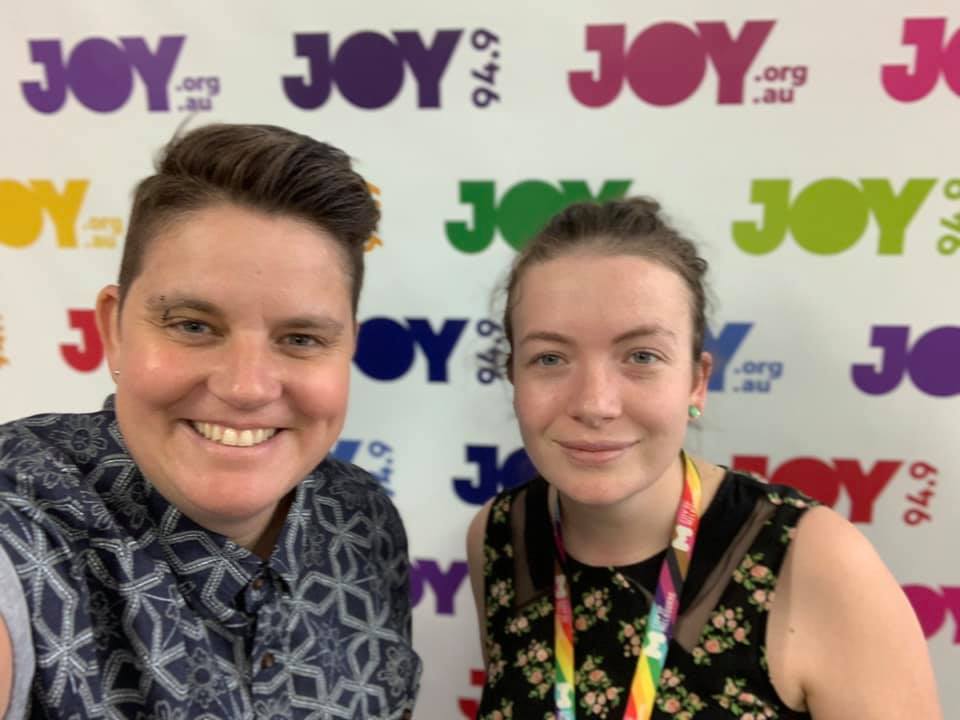
Switchboard Victoria’s Suicide Prevention Manager Anna Bernasochi described the “omission” of LGBTQI people from suicide prevention policy as “shocking and outrageous” given how prevalent suicide is in the LGBTQI community.
“In the LGBTQI community, we have a lot of lived experience [with suicide], whether that’s loss through suicide, or experiencing thoughts of suicide ourselves, or having people around us who experience chronic [suicide ideation],” Bernasochi told the Star Observer.
In 2017, at the height of the marriage equality debate, some mental health services reported a spike in inquiries from LGBTQI people. A survey by the Australia Institute and the National LGBTI Health Alliance of 9500 LGBTI people and their friends and family found over 90 per cent said the postal survey had a negative impact on them.
More recently, a survey by advocacy group just.equal of 4,500 LGBTQI+ Australians and their allies found over 80 per cent feel worse now than during the postal survey as a result of the Morrison government’s proposed Religious Discrimination Bill.
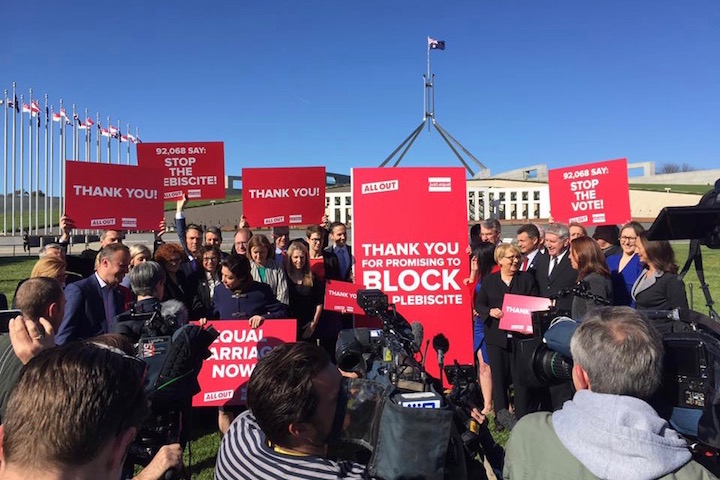
Bernasochi said it’s important to have honest discussions about suicide in the LGBTQI community, adding that it’s possible to do so “safely”.
“I think that as a community we do have this collective fear around talking about suicide, but that’s something we know doesn’t help,” she said.
“It gets easier to talk about suicide when you start talking about suicide. We encourage people to have these conversations but to make sure they’re also supporting themselves while they do it.”
Ball said suicide prevention is about “more than just that intervention at the very point that somebody is feeling suicidal”.
“We need to do a whole range of work around advocacy and actually being better-prepared for the level of suicide that exists in our community,” he said.
“And that means going to politicians and policymakers and arguing that we are a priority population around suicide because of the high rates of it [in the LGBTQI community]. We need to create a culture and an environment that politicians just cannot ignore this issue. They shouldn’t be ignoring it and we need to make it politically untenable for them to ignore it.
“As HIV advocates have said, silence equals death. And we will not be silent about this.”
If you need support, contact QLife by calling 1800 184 527 or chat with a QLife worker online between 3pm and midnight every day of the week at https://qlife.org.au. Alternatively, call Lifeline on 131 114 or Suicide Helpline Victoria on 1300 651 251.




